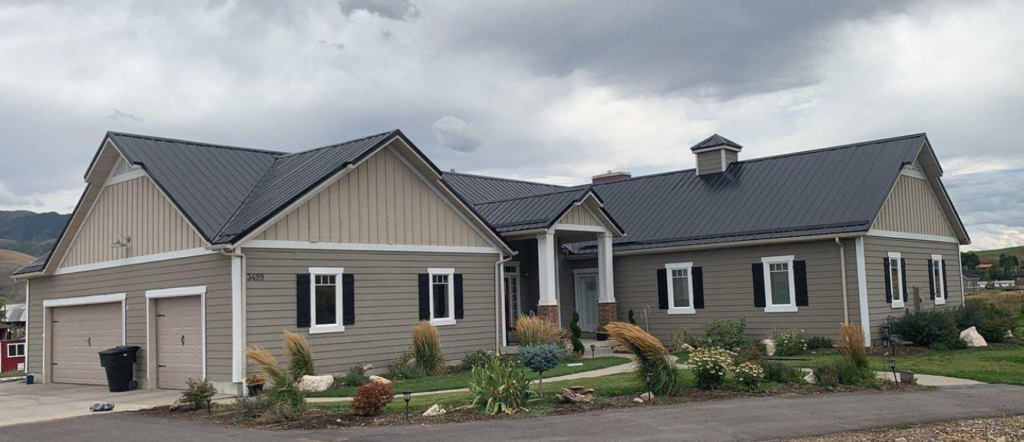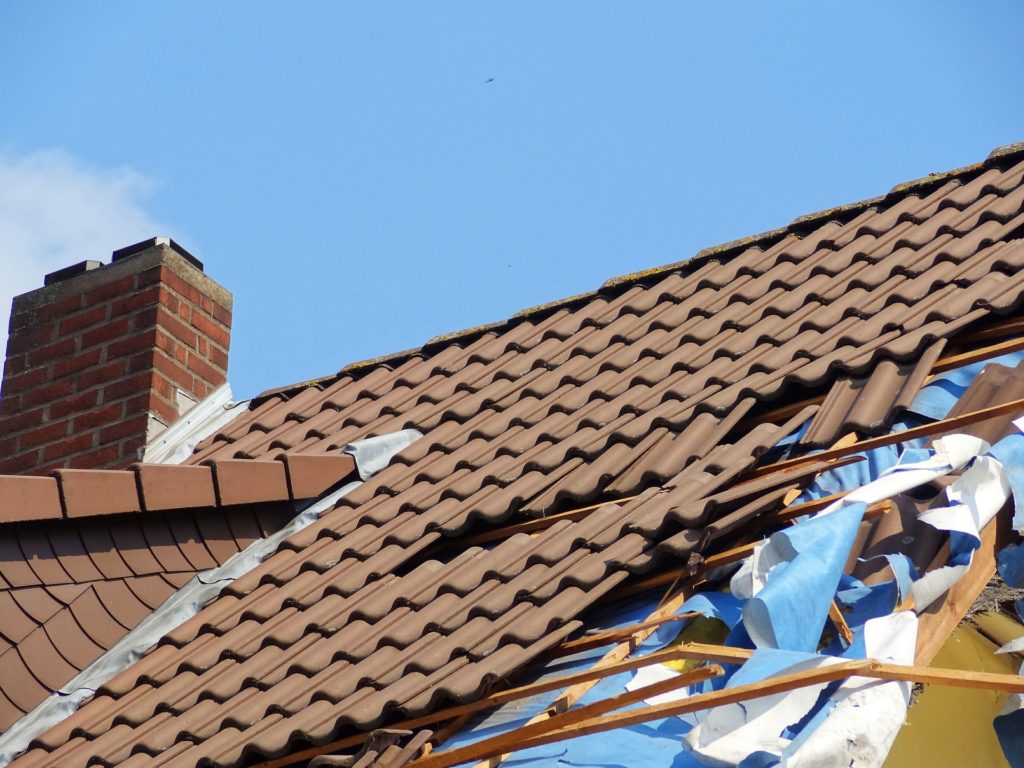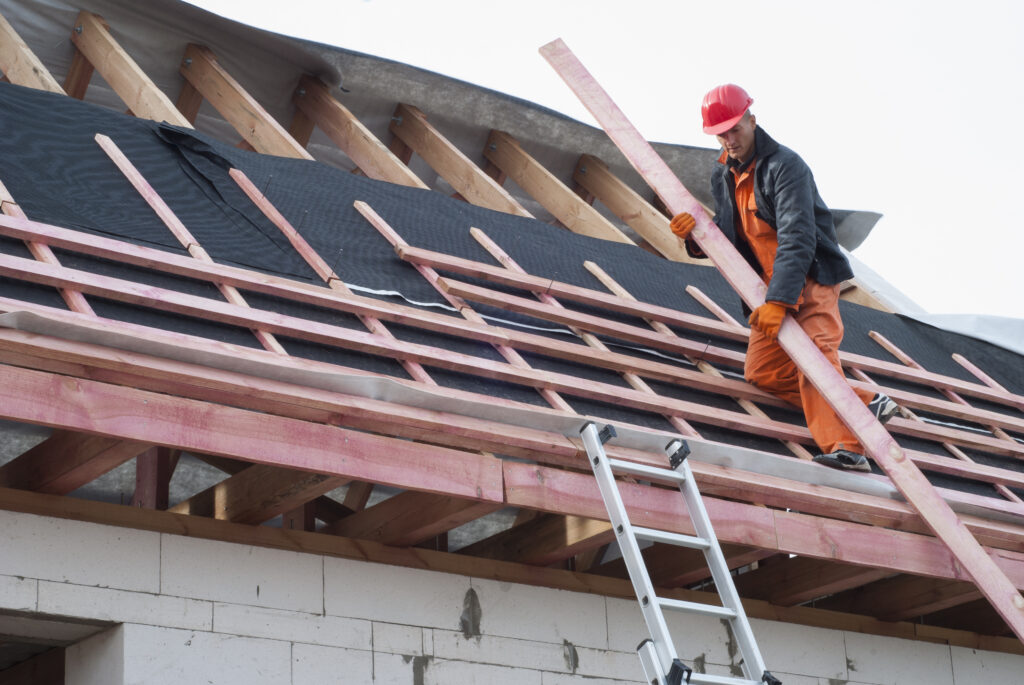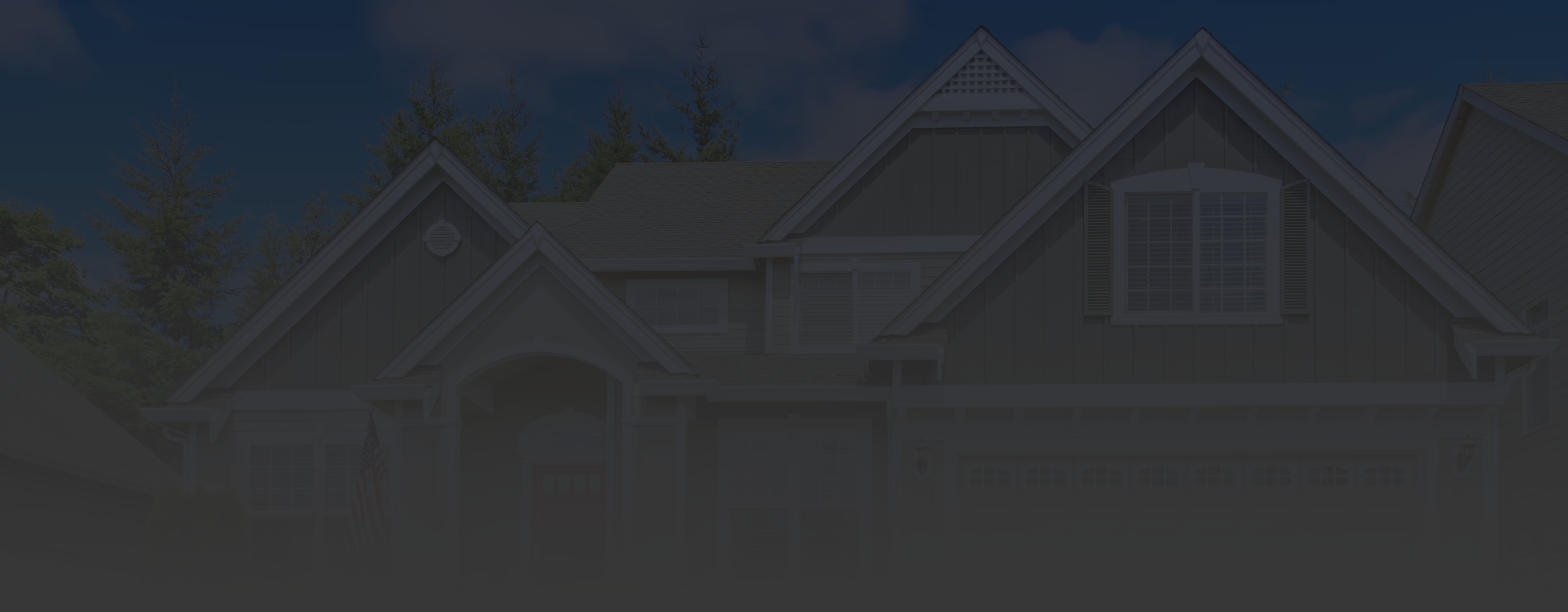
Roofing materials and the roofing structure may be covered by something called a warranty. Warranties can cover repairs caused by certain weather conditions, or if the materials begin to wear faster than normal, they could be replaced at zero cost to the homeowner. In this blog, we will share all that you need to know about roof warranties, how to obtain one, and what they cover.
What Are The Different Types Of Roof Warranties?
There are a few different types of warranties that can be offered to homeowners. Here are the most common warranties that can cover roofing materials and roofing structures.
- Manufacturer’s Warranty: These a provided by the material manufacturer and cover defects or damages to the materials themselves. These can vary depending on the material and the climate you live in. Carefully review the warranty beforehand to see what emergencies or defects will be covered with the specific material.
- Workmanship Warranty: Offered by the contractor, workmanship warranties cover shortcomings in the building or installation. This warranty will cover issues due to improper installation at no cost to you.
- Extended Warranty: In addition to manufacturers and workmanship warranties, contractors or manufacturers may offer extended warranties for an additional fee that can cover other items, emergencies, or a higher value of roofing materials.
What Will My Warranty Cover?
Depending on the type of warranty and who provides it to you, it may not cover everything. Warranties typically cover accidental damages or storm-related incidents but not all warranties state this in the fine print. Some warranty options will include additional fees to cover damages to your new roof from extreme storms, for example. Here are just a few things that roof warranties cover.

Damages
Certain types of damages will be covered by a warranty. For example, if a material was damaged during installation, your workmanship warranty should cover it. When materials start to peel or degrade sooner than their intended lifespan, this will be covered by the manufacturer’s warranty. Storm damages, pest damage, or other accidents may be covered by your homeowners insurance, but not a warranty provided by someone else.
Material Defects
Even though manufacturers try their best to ensure their products are at the highest quality, some ingredients or tools just don’t hold up. Material defects on a roof can look like chipping before applying tiles to a roof, curling shingles after a rainstorm, discolored metal, or other easily damaged pieces. If your materials arrive damaged, they can still be covered under manufacturer warranty.
What Your Warranty Doesn’t Cover
As previously mentioned, roof warranties won’t cover normal wear and tear or damages that were caused by neglect. Cleaning and maintaining your roof is the best way to avoid the need for repairs and warranty coverage.
Warranties also may have special add ons that are required to cover damage like heavy snowfall, hail damage, or lightning strikes.
How To Protect Your Warranty
Obtaining a warranty isn’t the only step you need to take to protect your roof. Keeping the warranty valid and protected will help save you down the line. Before you choose a warranty option, make sure you read all the fine print. This will let you know what is actually covered by the warranty, if there are additional add ons that you can pay for, and how long the warranty is good for. Homeowners should also do online research and ask questions about warranty options before choosing one.
Another important step is to register the warranty. Customers who purchase roofing materials must activate their manufacturer’s warranty within a set amount of time. If your manufacturer’s warranty states you must work with a specific contractor, the roofing company will need to register the warranty. Schedule a time shortly after your project is complete to register your warranty. The last thing you want is to hope your roof damage is covered and realize the warranty was never valid.

Since warranties don’t cover damages due to neglect, homeowners need to stay on top of roof inspections. Annual inspections will ensure you catch repairs early and that your roof is clean, safe, and protected.
Roofing From The Kanga Roof Experts
The roofing experts at Kanga Roof can help take your Utah home to the next level with high quality roofing and siding. Our roofing contractors can help you better understand your warranty, what roofing materials will be best for your home, and how to extend the life of your roofing system. Reach out to our team to schedule roofing repairs, metal siding installation, and more!



Follow Us